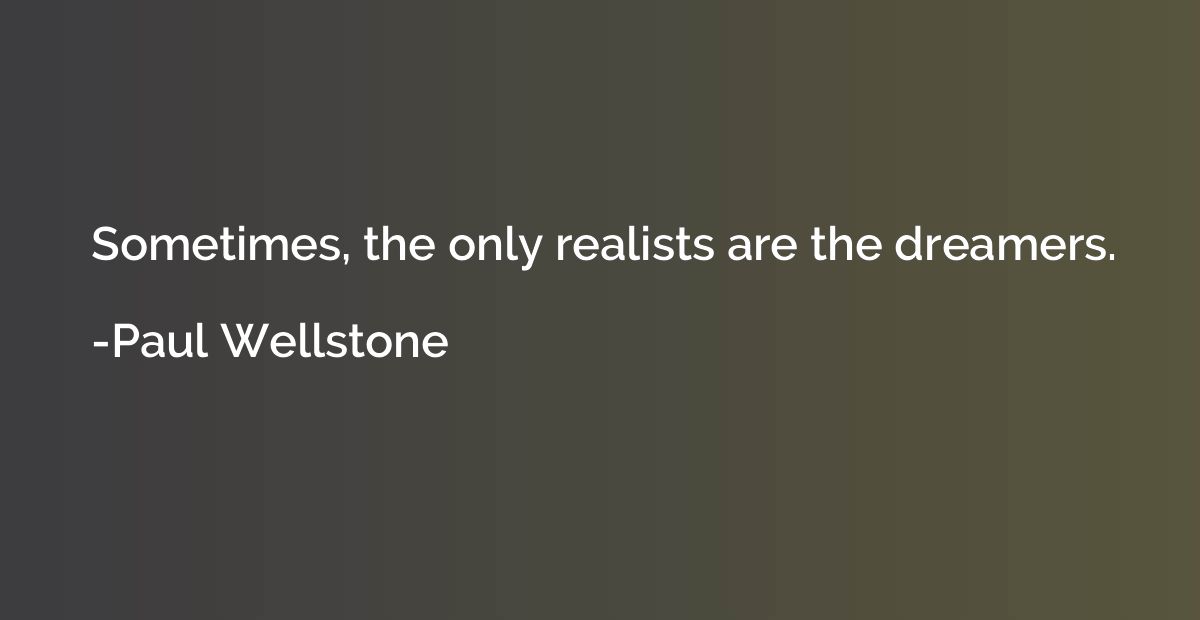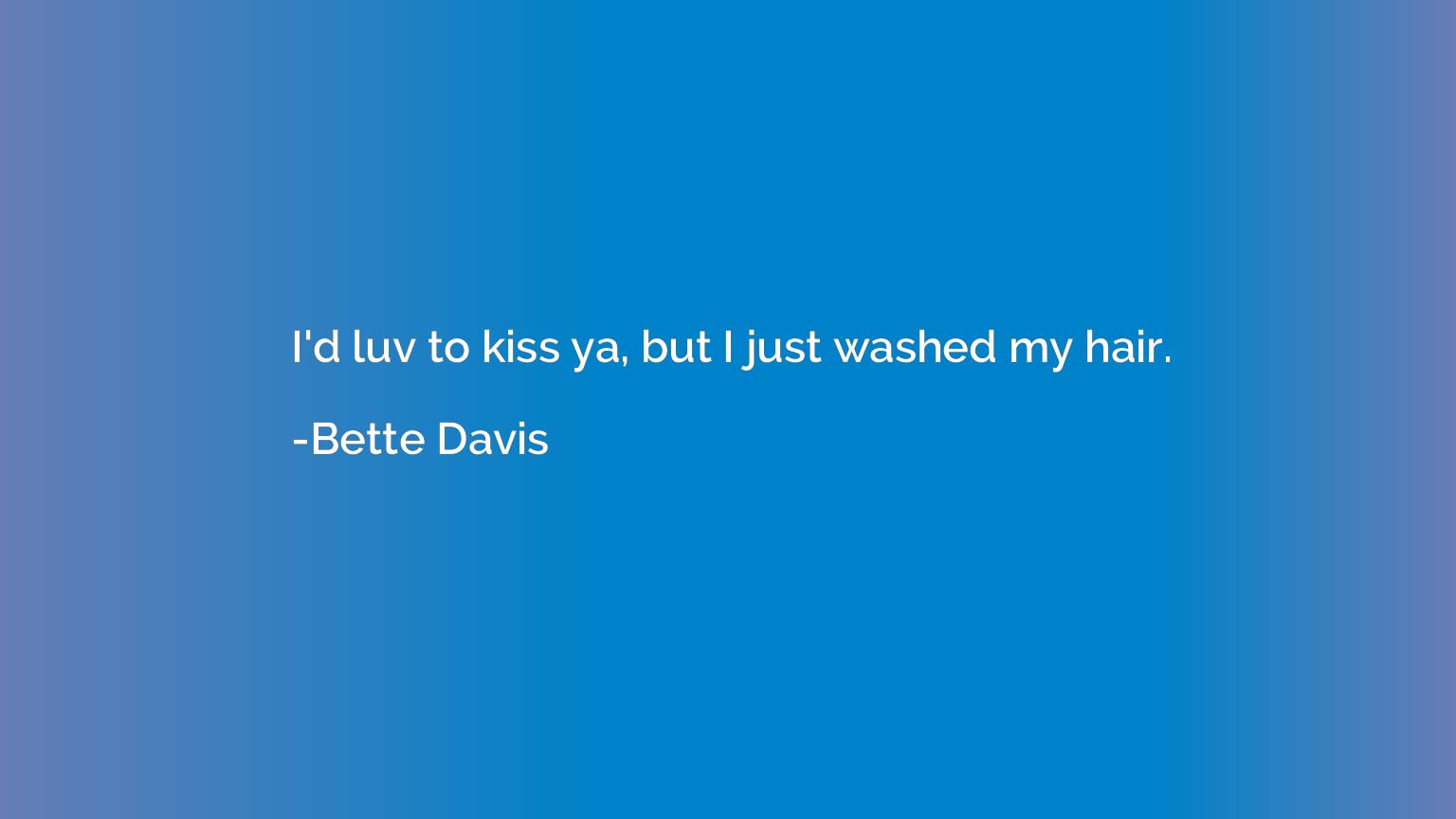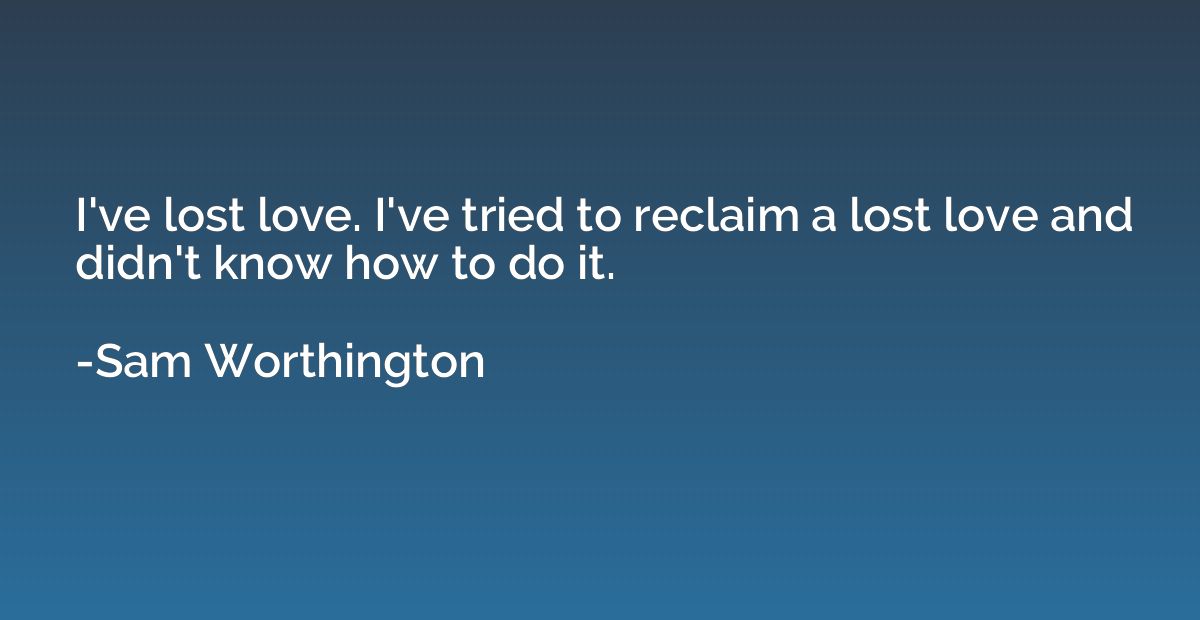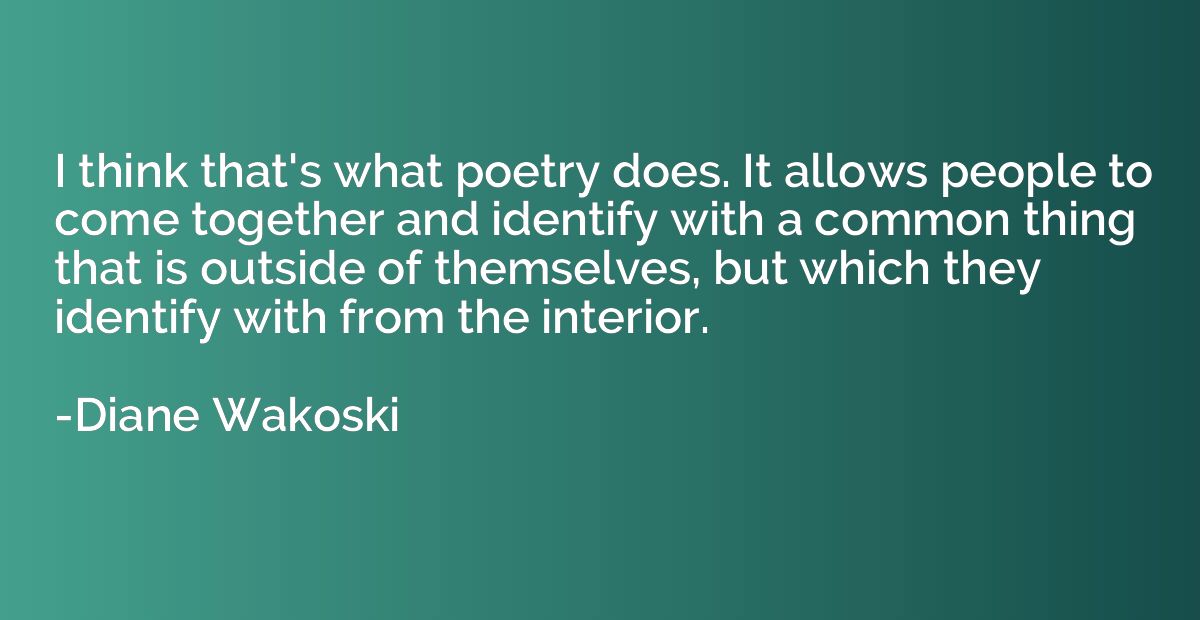Summary
This quote encourages individuals to shift their perspective from complaining about what they lack to appreciating and finding contentment in what they already possess. Rather than dwelling on what is missing, the quote reminds us to be grateful for what we have, reminding us that finding joy and fulfillment can be achieved by cherishing the present moment and embracing the blessings that already exist in our lives. It encourages an attitude of gratitude and cultivates a sense of satisfaction with one's current circumstances.















